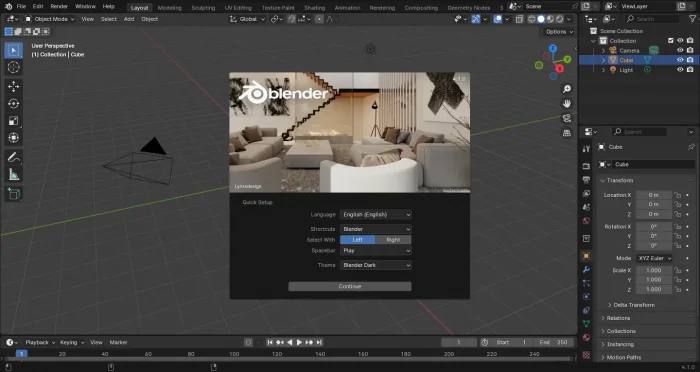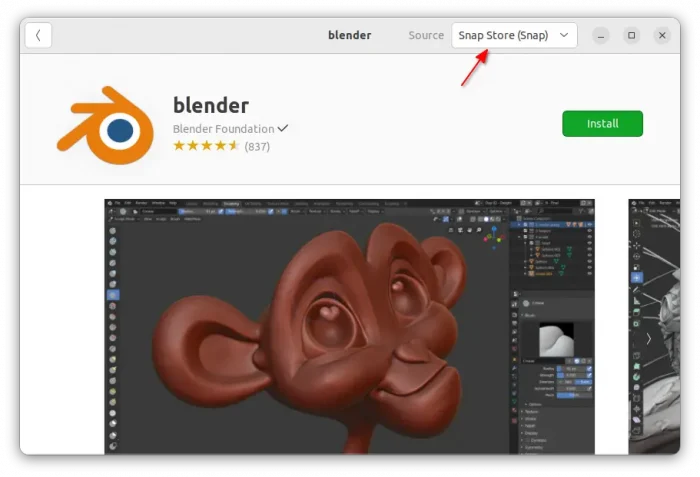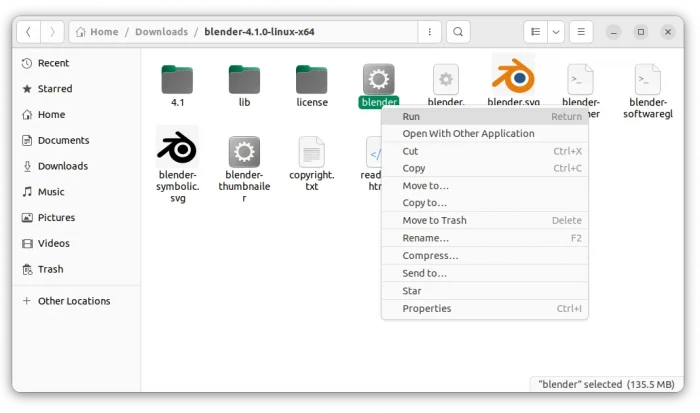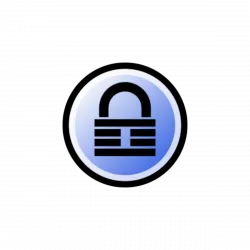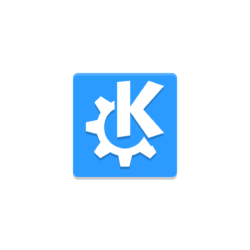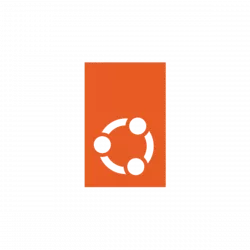Blender, the popular free open-source 3D creation software, announced new 4.1 major release this Tuesday.
Blender 4.1 introduced new geometry nodes, including Index Switch, Musgrave, Split to Instance, Sort Elements, Rotate Rotation, Active Camera. It replaces mesh “Auto Smooth” option with a modifier node group asset, adds support for Blackbody shader node, new Manage panel in Geometry Nodes modifier.
Node tools are now supported in Object Mode. And, Extrude Mesh node, Shortest Edge Paths node, Face Group Boundaries node, Edges to Face Groups node are improved to be much faster than before.
The new release can now save and load data from inside node groups, without recomputing. Support both still frames and animations as well as volume objects, with optimized file sizes.
OpenImageDenoise is now GPU accelerated on supported hardware, including NVIDIA GTX 16xx, TITAN V and all RTX GPUs, Intel GPUs with Xe-HPG architecture or newer, and Apple Silicon with macOS version 13.0 and newer.
Other changes in Blender 4.1 include:
- Allow creating custom “enum” menus in Menu Switch node.
- AMD GPU rendering support added for RDNA3 generation APUs
- The viewport compositor now supports Cryptomatte, Defocus, Vector Blur and Keying Screen.
- New way for inserting animation keyframes,
- A new selection mode allows to easily switch bones without leaving Weight Paint mode.
- New click and slider operations
- Faster video sequencer that ever.
- Audio waveform previews displayed by default.
- Greatly improved Image/movie filtering when scaling/rotating strips
- Python upgrade to 3.11
For more details about the release, see the official release note with videos and screenshots.
How to Get Blender 4.1
Blender provides official packages for downloading for Windows, MacOS, and Linux at its website:
For Ubuntu, users can directly search for and install the official Snap package from Ubuntu Software or App Center, though it runs in sandbox.
If you don’t like Snap, there’s also a portable Linux tarball available (see download link above). After downloaded it, extract, and run the executable file to launch the program.
For choice, there’s also a community maintained Flatpak package that works in most Linux, which however not updated to v4.1 at the moment of writing.



